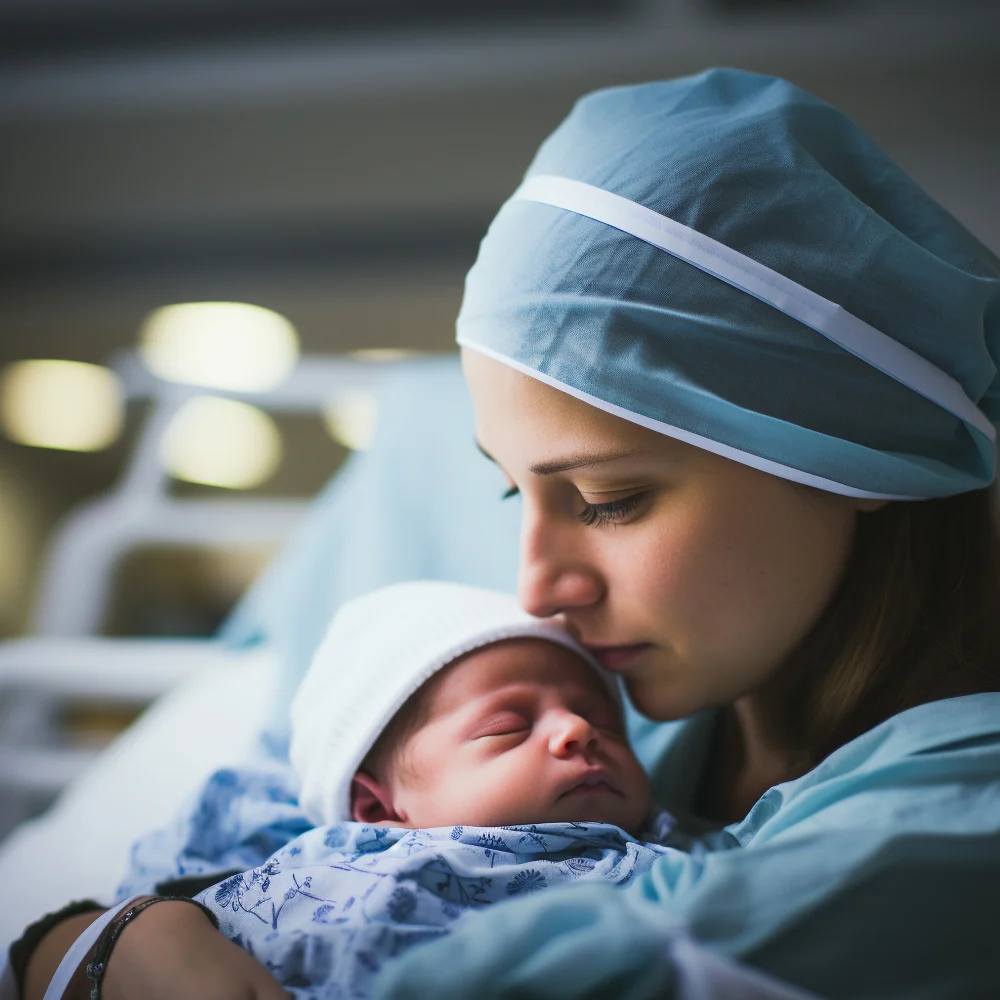- Emergency Line: 08022225555 / 08022960390 / 9958816886
- Location: Indiranagar Bangalore
- 24/7 - Available

- Emergency Line: 08022225555 / 08022960390 / 9958816886
- Location: Indiranagar Bangalore
- 24/7 - Available

This approach focuses on identifying the woman’s fertile window — the few days during the menstrual cycle when the chances of conception are highest. Through FOLLICULAR SCANS, OVULATION KITS, OR BLOOD TESTS the growth of eggs are tracked to predict the window of ovulation.
Under this, medications are given to stimulate ovulation in women which is then followed by FOLLICULAR SCANS, which are ultrasound scans to monitor follicle growth. Once this is monitored, couples are advised on TIMED INTERCOURSE to align with the ovulation window and improve fertility outcomes. With monitoring on every alternate day through FOLLICULAR SCANS, it is determined whether the follicle is ready.
Starting from Day 2 of the menstrual cycle, the IVF process begins with FOLLICULAR SCANS.
Once the follicles mature, an OPU (Ovum Pick Up) is scheduled, a procedure done under anesthesia to collect oocytes, or eggs.
At Ayaansh Hospital, our mission is to offer advanced IVF treatment with compassion, aiming to help you experience the joy of a single, healthy baby.
This is an advanced form of IVF, that addresses male infertility issues. A single, healthy sperm is directly injected into the center of a mature egg to achieve fertilization. Similar to that in IVF, under ICSI the woman undergoes OVARIAN STIMULATION TO PRODUCE MULTIPLE EGGS, which once retrieved are combined with good quality sperm and directly injected into the egg using a fine needle. Once fertilization happens, the EMBRYO IS CULTURED IN THE LAB and later transferred into the woman’s uterus.
IUI is an assisted reproductive technique where SPECIALLY PREPARED SPERM is directly placed into the woman’s uterus around the time of ovulation to improve the chances of pregnancy. The process begins with MONITORING THE WOMAN’S OVULATION CYCLE to ensure egg release. On the day of ovulation, the male partner’s semen sample is collected and washed in the lab. The prepared sperm is then gently inserted into the woman’s uterus using a thin catheter
Offering a range of fertility treatment, we at Ayaansh Hospital stand as the Best IVF Centre in Bangalore. The ADVANCED ASSISTED REPRODUCTIVE TECHNOLOGIES, cutting-edge labs and latest medical equipment we offer fertility treatment in Bangalore for even the most COMPLEX CASES OF INFERTILITY. The treatments options at Ayaansh are :
We offer comprehensive fertility treatments in Bangalore that involves :
With advanced fertility treatments, Ayaansh Hospital is the Best IVF Centre in Bangalore led by expert IVF doctors and fertility specialists. We deliver world-class treatment with our services like FOLLICULAR MONITORING, OVULATION INDUCTION, IVF, ICSI, IUI and egg and sperm freezing. Our high success rate of fertility treatments aims to bring you closer to your dream of a complete family.
We offer personalised fertility treatment plans to couples facing infertility with our RANGE OF SERVICES, and a team of IVF specialists in Bangalore. Being among the Best IVF Centre in Bangalore, at Ayaansh Hospital you get the best treatment combined with the latest reproductive technologies. We cater to your specific needs, making each step of your treatment, from EGG RETRIEVAL TO SPERM COLLECTION, comfortable and convenient for you to get the best results.
We work towards understanding the challenges that individuals face, and offer support at every step of the fertility treatment. With the most ADVANCED EQUIPMENT AND TECHNOLOGY, we provide innovative treatments that enhance the chances of success, from EMBRYO FREEZING TO GENETIC TESTING AND MORE. With faculty who are experts in the field of reproductive medicine, infertility treatments and IVF, Ayaansh hospital offers the best fertility treatment in Bangalore.
Depending on the underlying cause of infertility, treatments may include simple options like OVULATION INDUCTION, TIMED INTERCOURSE GUIDANCE, OR ADVANCED PROCEDURES like Intrauterine Insemination (IUI), In-Vitro Fertilization (IVF), Intracytoplasmic Sperm Injection (ICSI), and Donor Programs. Our team of fertility specialists in Bangalore at Ayaansh Hospital will conduct a thorough evaluation and suggest the most suitable, effective, and affordable treatment plan tailored to your needs.
When looking for the Best IVF Centre in Bangalore, consider the following factors:
Yes, there is an INCREASED CHANCE OF HAVING TWINS OR MULTIPLE PREGNANCIES in fertility treatments like IVF, IUI, or Ovulation Induction. This happens because sometimes more than one embryo is transferred during IVF, or multiple eggs may be released in ovulation induction cycles.
While IVF is generally safe, like any medical procedure, it may involve certain risks and side effects, including:
The number of IVF cycles required varies from person to person. Some couples may conceive in the first cycle, while others may need multiple attempts depending on factors such as:
Yes, IVF can help treat male infertility, especially when combined with ICSI (Intracytoplasmic Sperm Injection). Male infertility factors such as LOW SPERM COUNT, POOR SPERM MOTILITY, ABNORMAL SPERM SHAPE, OR BLOCKED SPERM DUCTS can be overcome by directly injecting a healthy sperm into the egg (ICSI) during IVF.




A trusted leader in IVF and infertility treatments, Ayaansh Hospital with its 30 years of dedicated services provides world-class treatment with quality and safety at the core of every service.
Surgical Speciality Centre
Fertility and Birthing Centre
Quick Links
Located in the heart of Bangalore
A Unit of SREEHARITHA HEALTHCARE PRIVATE LIMITED
Disclaimer : The content on the website is solely for the purpose of educating and creating awareness about the domain. This shall not be treated as a substitute to a professional advice or prescription. Every individual and their case is different, so the results of any of the treatments mentioned on the website may vary. See a medical professional for personalized consultation. Gender selection and Gender counselling is banned under The PCPNDT Act 1994 As per the Act, it is illegal to use any technique to identify the sex of a foetus after conception. We neither support nor practice sex / gender selection during any kind of treatment including IVF. We strongly condemn sex / gender selection in any form of treatment.